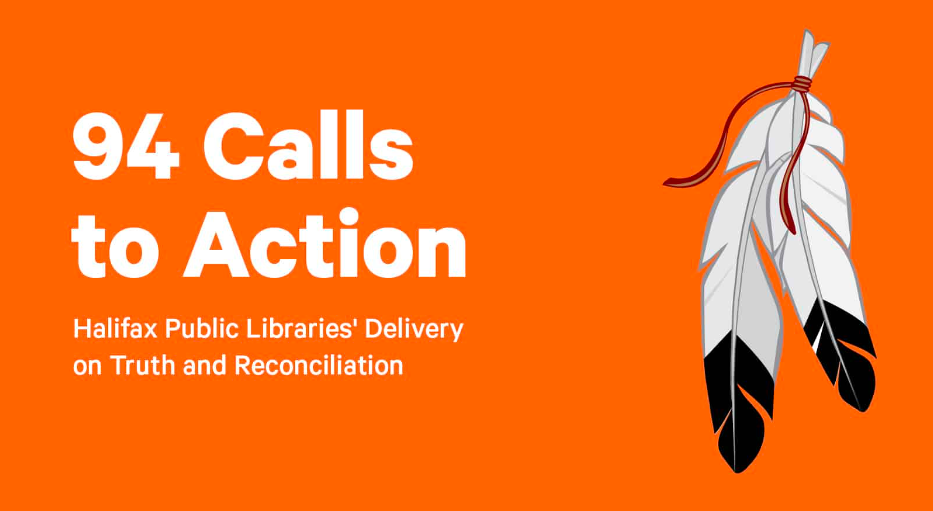
Truth and Reconcilliation Call to Action #62.
We call upon the federal, provincial, and territorial governments, in consultation and collaboration with Survivors, Aboriginal peoples, and educators, to:
- Make age-appropriate curriculum on residential schools, Treaties, and Aboriginal peoples’ historical and contemporary contributions to Canada a mandatory education requirement for Kindergarten to Grade Twelve students.
- Provide the necessary funding to post-secondary institutions to educate teachers on how to integrate Indigenous knowledge and teaching methods into classrooms
- Provide the necessary funding to Aboriginal schools to utilize Indigenous knowledge and teaching methods in classrooms.
- Establish senior-level positions in government at the assistant deputy minister level or higher dedicated to Aboriginal content in education.
Truth and Reconcilliation Call to Action #63
We call upon the Council of Ministers of Education Canada to maintain an annual commitment to Aboriginal education issues, including:
- Developing and implementing Kindergarten to Grade Twelve curriculum and learning resources on Aboriginal peoples in Canadian history, and the history and legacy of residential schools.
- Sharing information and best practices on teaching curriculum related to residential schools and Aboriginal history.
- Building student capacity for intercultural understanding, empathy, and mutual respect.
- Identifying teacher-training needs relating to the above.
Response 62 & 63:
In my first practicum I strived to incorporate as much Indigenous literature as possible. I want to continue to embed as much, Indigenous literature and local Secwépemc language in my teaching as possible. I also want to make sure that I am choosing literature that showcases Indigenous culture from a place of diversity, strength and celebration. Students need to be taught the beautiful diversity of our Indigenous people and the diversity of their culture; we can do this by showcasing different nations week to week in our classroom and learning about each. I will also make space to take professional development opportunities that focus on Indigenous educational practices.
Truth and Reconcilliation Call to Action #85
We call upon the Aboriginal Peoples Television Network (APTN), as an independent non-profit broadcaster with programming by, for, and about Aboriginal peoples, to support reconciliation, including but not limited to:
- Continuing to provide leadership in programming and organizational culture that reflects the diverse cultures, languages, and perspectives of Aboriginal peoples.
- Continuing to develop media initiatives that inform and educate the Canadian public, and connect Aboriginal and non-Aboriginal Canadians.
Response:
I am committed to watching APTN (television network) programming to be more informed on contemporary Indigenous culture and issues. Consuming more Indigenous content will strengthen my understanding of Indigenous ideology and allow me to listen to current leading Indigenous voices in our country.
Truth and Reconcilliation Call to Action #87
We call upon all levels of government, in collaboration with Aboriginal peoples, sports halls of fame, and other relevant organizations, to provide public education that tells the national story of Aboriginal athletes in history.
Response:
In my classroom I will share stories, like that of Tom Longboat who was a long distance runner who won the Boston Marathon and New York World Marathon. Tom was also a soldier in world war one and ran between different battalions/units at great personal risk. We need to make sure that we are showcasing strong Indigenous voices as role models for all our children. I plan to have a diverse classroom library that all students can find role models within. From Carey Price to Terry Fox, students will find their role models and feel that sense of pride.
